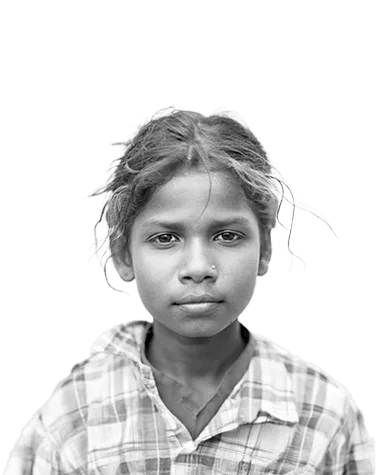What we do
We stratify patient cohorts
Volv Global’s inTrigue machine learning technology is able to map out heterogeneous populations and cluster patients into sub-groups according to learned biomarkers. One example is in differentiating and detecting cases of fast progressors
This ensures patients receive personalised treatment appropriate to their situation. In the example, a sub-cohort of patients may progress to a more severe form of a disease more quickly than others and therefore require different treatment.

